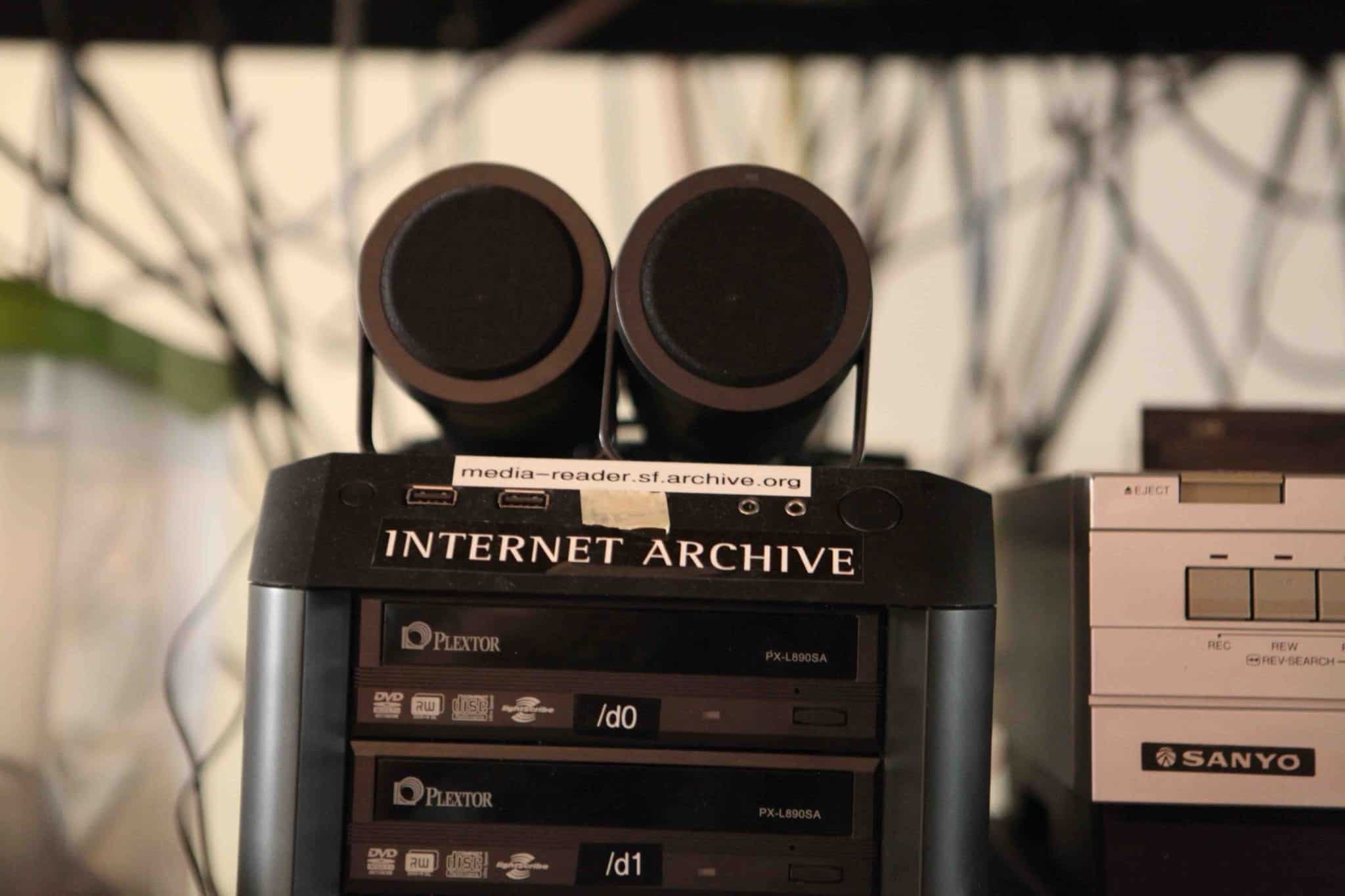New monetization

Article: Ethan Stein – Contributor
[dropcaps round=”no”]I [/dropcaps]often hear people in life and on Internet humor sites point to our use of the Internet as a great irony of our generation. The sentiment takes several forms: “We use the greatest ___ ever created to [insert menial activity here].” The blank in question can be “educational tool,” “information resource,” or almost anything that joins knowledge-y adjectives to utilitarian nouns. The menial activity can be cat pictures, poking people with FarmVille requests, or some other such-and-such. It’s true: we have access to a database that houses more information than possibly any other compendium of information in human history. It’s also true that we spend more time doing menial things on the Internet than we probably should. But the reason we’re not eternally drinking from the fountains of knowledge is because we have access to an information database, but find ourselves unable to access some of the information.
Consider the information we can access through the University library’s website. We can look through the archives of a whole host of Victorian-era English newspapers or masthead documents from the United Nations stretching as far back as the 1940s. Go under the “Databases” tab on the library’s website and scroll through the vast troves of information collected and categorized for us according to a whole host of subjects and search criteria. All of these databases have one thing in common: they require a log-in with your University username and password. Without your username and password (or University library information) that information is automatically locked away. I know you can find some of this information through other methods like Google or (snicker) Bing, but the reality is that we are, to a certain extent, grounded to our geographic location in an age when such borders are ostensibly disappearing.
I think back to how often I was trying to gather information for an essay and could not read a dissertation on certain authors because I was not registered with the University (which charges guests $5 to read essays online). I just tried to access an article on Harold Pinter from the Modern Language Association only to be told that Institutional Subscriptions (see: paid subscriptions only offered to Universities and University libraries) are the only way to access articles online.
We are utilizing the internet to create new communication and information resources; why are we not allowing people to read certain essays because they’re “not from ‘round here?” We are commodifying information and as a result, we have old barriers of geography taking on new forms of monetization.
As much as I support protecting works through copyright laws and measures to prevent plagiarism, I worry that we’ll never live in a world where the desire to engage with and discuss a work takes priority over arbitrary laws to “protect” works and databases.
We’re hell bent on forcing old-world practices onto world-changing technologies.
[button style=”e.g. solid, border” size=”e.g. small, medium, big” link=”” target=””]Image: Jason Scott[/button]










